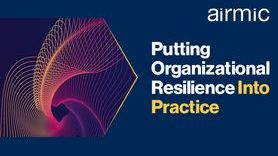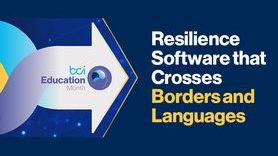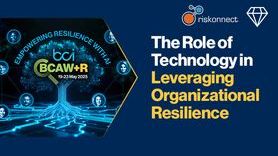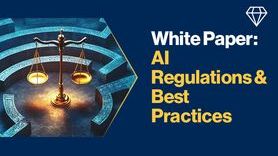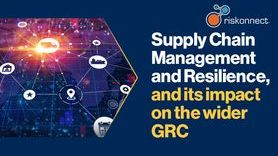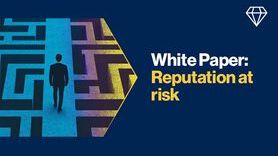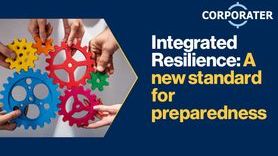Criminal Law reform may expose companies to new risk
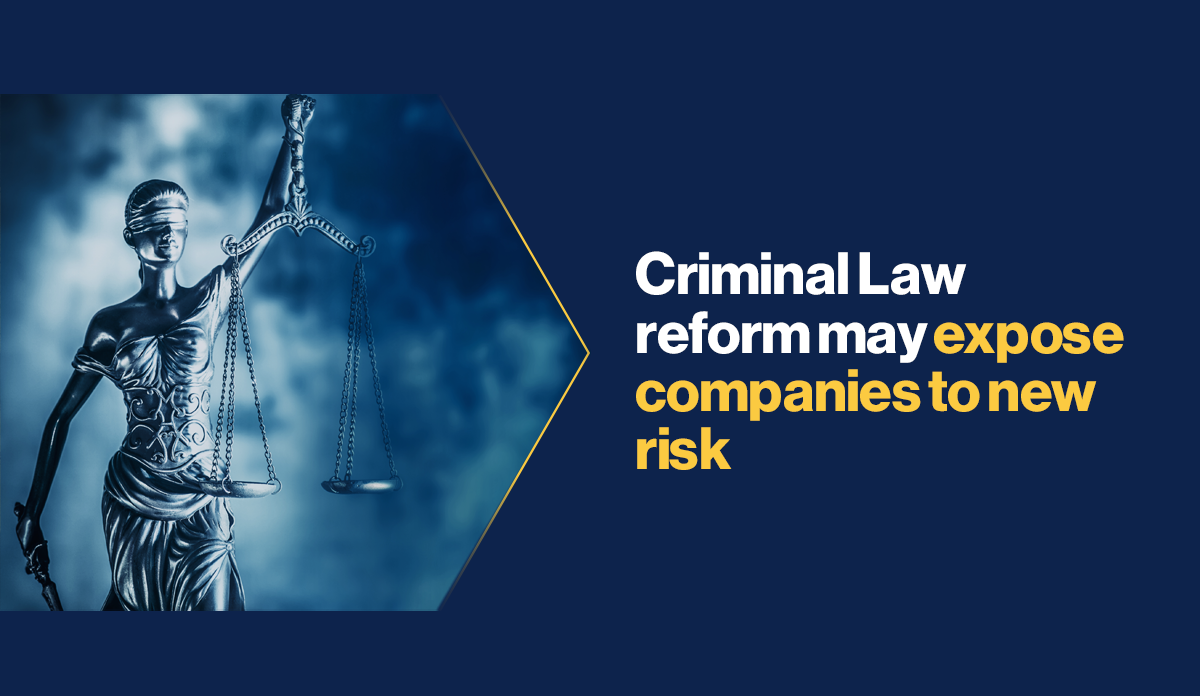
Reform to the law relating to corporate criminal liability are currently underway which will make it easier to prosecute companies in criminal courts. This exposes companies to greater areas of risk.
The UK Law Commission are currently in the consultation stage of reviewing the current area of Criminal law relating to corporate criminal liability. The aim is to provide ‘options for reform’ and improvement to punish criminal offences committed by corporations, their directors and senior Management.
New offences companies face could be around the ‘prevention of economic crime’ which would make a company liable for failure to prevent crimes such as bribery, tax evasion or fraud. This also makes companies vulnerable to new areas of risk and crisis, because even alleged crimes have potential to spiral into scandals. This threatens to create major areas of mistrust, causing consumers and third parties to stop business completely.
The new law could create a major expansion in the resilience department as organizational resilience becomes key in combatting risks on this scale. Frequent risk assessments, strategic planning and measuring common threats and exposures based on a volatile market influences by external factors and people and processes. This will become the primary focus in companies to understanding their vulnerabilities to criminal activity.
A key part of the law change will allow the examination of fraud laws, to make it easier to prosecute companies in criminal court. With current fraud laws, prosecutors must establish the “directing or controlling mind” to be attributed to the crime of a company rather than the company itself. This ‘identification principle’ doesn’t allow companies to be liable for exceptions such as regulatory offences, misconduct and liability offences. The principle also makes it harder to prosecute large companies where responsibility for decision making and seniority can be widely dispersed.
With businesses becoming more globalized, larger and complex, decision making can no longer be siloed to one or two senior managers. Actions are now taken by mid-level managers and their supporting staff. This can exclude the involvement of directors and senior officers which make it harder to establish who the “directing or controlling mind” of the company is.
Reform by either broadening the scope of the “directing or controlling mind” or making it easier for a corporate entity to be liable in criminal activity means an introduction to new regulations. This could increase the workload of a corporations compliance burden which will grow as a result.
Companies will be even more inclined to invest in Business Continuity, especially those recovering from COVID and disruption in their region. The Law Commission have said they hope to operate the law in a ‘proportionate way’ without placing ‘unnecessary costs on legitimate businesses’.





